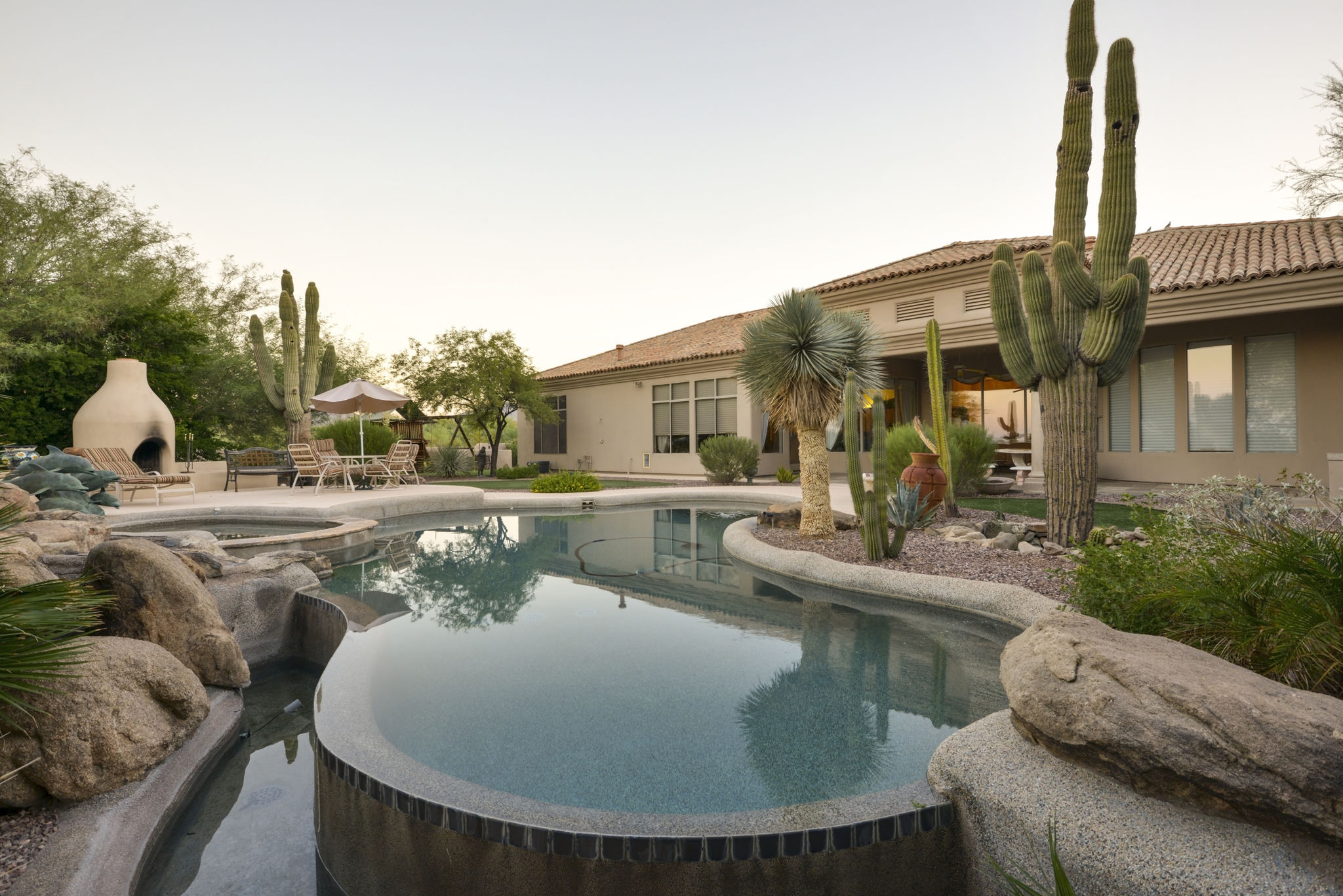The Ultimate Guide to Seasonal Planting in Dubai's Climate
MA
Understanding Dubai's Unique Climate
Dubai is renowned for its scorching hot summers and mild winters, making it a unique environment for gardening enthusiasts. The climate is characterized by low humidity and minimal rainfall, which poses challenges for seasonal planting. However, with the right knowledge and techniques, you can cultivate a thriving garden all year round.

Choosing the Right Plants
When selecting plants for your Dubai garden, it's crucial to choose species that are well-suited to arid conditions. Opt for drought-resistant plants that can withstand high temperatures and limited water supply. Some popular choices include cacti, succulents, and native grasses. These plants not only survive but also thrive in harsh climates.
For those interested in adding a splash of color, consider planting bougainvillea or lantana. These flowering plants are known for their vibrant hues and resilience in hot weather. Additionally, herbs like rosemary, thyme, and basil can add both fragrance and flavor to your garden while being relatively easy to maintain.
Seasonal Planting Guide
Winter Planting
Winter in Dubai, spanning from November to March, offers the most favorable conditions for planting. During this period, temperatures are cooler and more suitable for a wider variety of plants. This is the ideal time to sow seeds for vegetables such as tomatoes, cucumbers, and peppers. These crops benefit from the milder climate and will be ready for harvest by spring.

Summer Planting
The summer months, from June to September, present a challenge due to extreme heat. Focus on planting heat-tolerant species that can endure the intense sun. Consider using shade cloths or setting up your garden in a location that provides some natural shade. It's also essential to implement an efficient watering system, such as drip irrigation, to conserve water while keeping your plants hydrated.
Soil Preparation and Care
The quality of soil in Dubai is generally sandy and low in nutrients, which means soil preparation is a critical step in successful gardening. Incorporate organic matter like compost or well-rotted manure to improve soil fertility. This will enhance moisture retention and provide essential nutrients for plant growth.

Regularly check the pH level of your soil to ensure it remains balanced. Most plants thrive in slightly acidic to neutral soil conditions, so adjust accordingly using lime or sulfur if necessary. Mulching is another effective technique to retain moisture and protect plant roots from extreme temperatures.
Pest Control and Maintenance
Pests can be a persistent issue in any garden, but there are eco-friendly ways to manage them without resorting to harsh chemicals. Introducing beneficial insects like ladybugs can help control aphid populations naturally. Additionally, regular inspections and removal of affected leaves can prevent infestations from spreading.
Routine maintenance is key to a healthy garden. Prune regularly to encourage growth and remove any dead or diseased foliage. With these strategies, you can create a sustainable gardening ecosystem that flourishes in Dubai's challenging climate.
